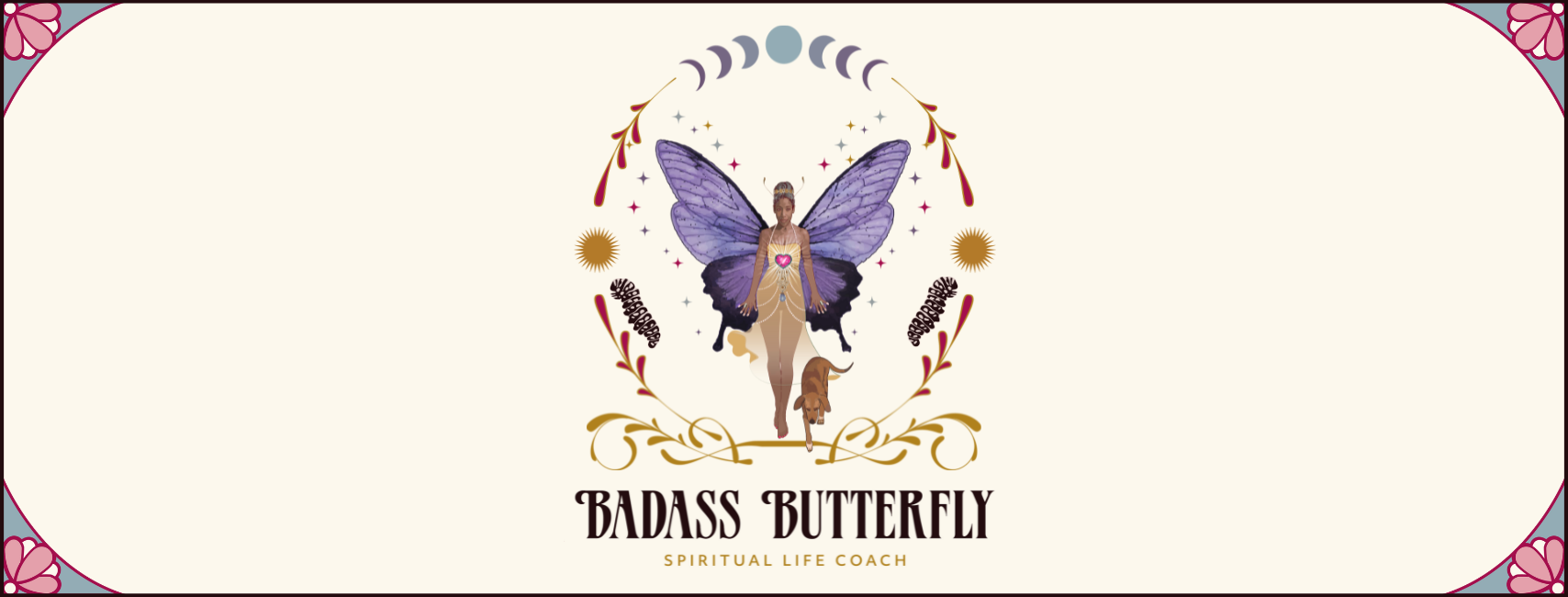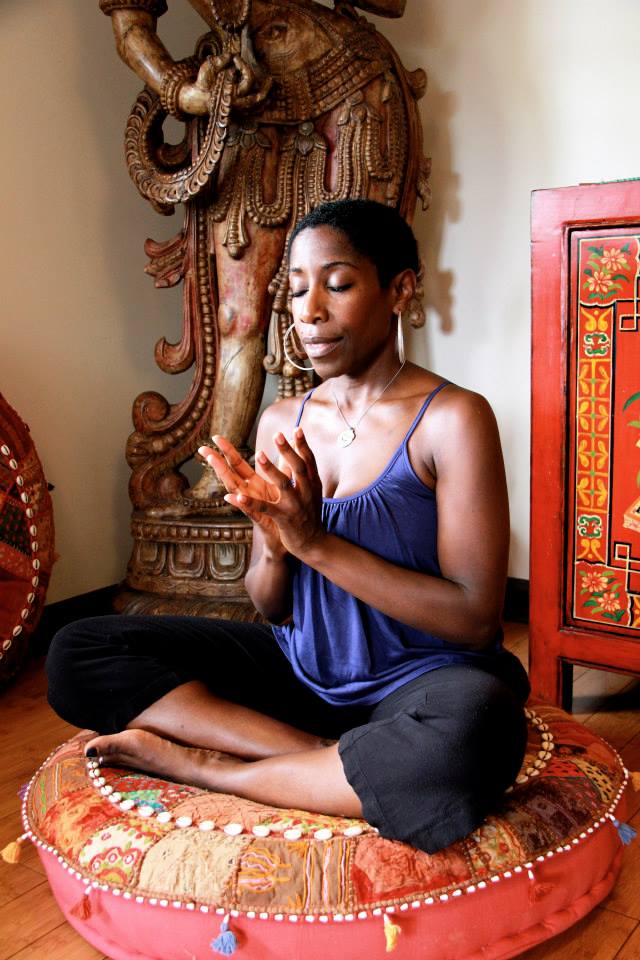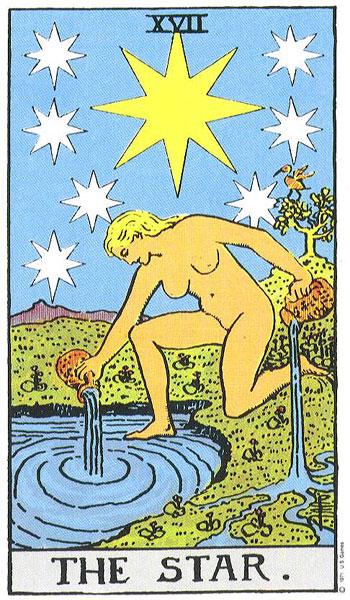
The term Wounded Healer was first used by psychologist Henry Nouwen in 1972, but the concept was first introduced to the world of psychoanalysts by Carl Jung in the 1950s.
According to Jung, for psychological treatment to be successful, the analyst must first look into himself and examine. What he can give out to the patient is connected to what he takes in as an individual. Anthony Stevens quotes him as saying, “it is his own [the doctor’s] hurt that gives a measure of his power to heal.” Jung believed that the hurt and pain the healer experiences determines how much power he can have to heal others.
Many studies have been conducted that examined the Wounded Healer concept. One of them is by Alison Barr, a British psychologist. The data showed that 73.9% of all healers have experienced traumatic events in their past and these events helped them choose their current profession.
Many healers believe their experiences made them the person they are today. These experiences gave them the strength and knowledge of how to deal with similar issues, how to recognize certain behaviors, and what lies beneath them.
If you are a spiritual life coach or healer, or you are thinking about becoming one, you don’t have to be perfect. Your imperfections are partly what make you, you.
There are many advantages to being a wounded healer. Let’s look at them:
- Wounded healers are more aware of their spiritual sides. Traumatic experiences lead people to spiritual awakenings. The deep pain these people experience pushes them to do more soul-searching during their healing process. This soul-searching then becomes their strength. In the path to self-discovery, wounded healers create a strong connection between their conscious and unconscious minds because they know how to self-analyze and recognize their patterns of reactions.
- Wounded healers are more compassionate. They have a higher level of emotional intelligence. They can easily connect with people who are going through or went through the same things. They understand how others feel in similar situations, and they recognize the signs quickly when their clients need help.
- Wounded healers have a higher desire to help others. They know how personal transformation can save someone’s life. That’s why many of them, in one form or another, choose professions related to social services, public servants, therapists, influencers, coaches. It is not a coincidence that nearly 74% of all social workers and therapists have experienced some kind of trauma in the past. They know what it means to feel lost and helpless, and they know what others feel in the same situation. This is why these healers are driven to help others get out of their painful situation, to guide them towards success so they too, can enjoy life once again.
- Wounded healers are more resilient. They know how to adapt to stressful or difficult situations. They are more flexible and adapt to changes easily. They deal with these situations with a more positive attitude compared to others who don’t have a traumatic experience. They develop emotional competency. They are better at controlling and balancing their emotions.
- Wounded healers can turn their subjectivity into the best form of objectivity. In the healing world, subjectivity is often looked down upon as a negative trait. However, when it comes to situations like grief, abuse, or separation, a wounded healer can take advantage of their subjective perspective and turn this perspective into a method of guidance to help others. They are less judgmental, more accepting, and understanding. People are usually fast to judge another person’s behaviors without knowing their experiences; and they often hold those negative experiences against them. A wounded healer does the exact opposite and creates a bond and rapport with another wounded soul on a level that others might not be able to understand or connect.
So how can you turn your wounds into power?
Nobody is perfect. Not even the best therapist or coach in the world. We all have our pasts, our life experiences, our pains, and our weaknesses. If you are on your path to recovery, and already considering that helping others is your Divine Life Purpose or calling, there are things you can do to help you be successful in its fulfillment.
- Practice meditation and mindfulness. Consider starting or ending each day with meditation, and practicing mindfulness throughout your day. Meditation and mindfulness let you become aware of the present moment and help you pay attention to your breathing and the sensations you feel in your body as you experience your life. They reduce your stress and anxiety and they help you gain better and longer focus. Many therapists today suggest their patients practice meditation and mindfulness. Combined with traditional therapy, or when traditional therapy is not bringing the desired results, these powerful tools seems to help people relax and gain more mental clarity.
- Practice self-compassion. You are probably your own worst critic. You can practice loving-kindness meditation if you are having a difficult time giving yourself compassion. Try cutting the negative self-talk, too. This only lowers your vibration and drives away the things you desire. Listening to your emotional needs and validating yourself is a great way to be self-compassionate. Try making a list of your positive traits and all the good you’ve done over the last year. Can’t think of anything? Ask someone else. And let’s face it, if no one can come up with anything positive, it’s never too late to start being of service! 🙄
- Acknowledge your suffering. When you accept your pain, you will become more open-minded about finding ways of dealing with it. Many people try to sweep their traumatic experiences under the carpet because dealing with them sounds scary and painful. Many people completely block these memories. This is your unconscious mind’s way of protecting your conscious mind. However, only when you admit and acknowledge your pain and suffering can you move beyond it. Personally, I enjoy my dark side. I have a taste for the dramatic, and so I really let myself feel dark emotions. BUT I don’t do things to keep my dark emotions hanging around. Emotions have a course to run, and I let mine run it, and then they are done. My first emotion is peace. The darkness must give way to peace.
- Get support from others who went through the same trauma. There are many support groups online or locally. Do some research and find out if there is anything near you, if not, see if there are forums or groups online you can join. Speaking with people who have similar experiences will help you gain more self-esteem knowing that you are not alone, and it is not your fault.
- Let go of what no longer serves you. People who are wounded tend to develop some unhealthy attachments to people or things that don’t serve their highest good. They find themselves mostly in the scarcity mindset and believe that a specific thing or person can help them become happy, give them satisfaction, or make them feel fulfilled. In reality, you don’t need any of this. You only need yourself and your connection to Source. Your happiness is solely dependent on you and your willingness to recognize your oneness. When you enjoy being alone and become self-sufficient, you will live a more balanced life and will understand that people and things will only have power over you as much and as long as you let them.
- Accept that your suffering is not your punishment. You are not a victim of your situation. You should never punish yourself thinking that if you were better, you wouldn’t experience this. Instead, look at it from a positive perspective and treat it like a life lesson. Ask yourself positive questions like: What can I learn from this? How can I grow from this? Look out for a victim mindset that asks, What have I done to deserve this? Why does it always happen to me? Your perspective greatly affects how you deal with your pain and suffering, and most importantly, how you go toward success and pleasure.
If you had to choose between two spiritual coaches and you knew that one of them has similar experiences as you and the other doesn’t, which one are you most likely to choose? Most likely, the former. Many other people think the same.
It is because we feel safer and more in tune with people who can understand what we are going through. When you decide to become a spiritual life coach, healer or other heart-centered entrepreneur, don’t be ashamed of your past. It is one of your strengths. And your transparency makes you more approachable.
Another positive aspect of being transparent and open about it is that the more you talk about it, the more you dissolve the shame. It’s as if the experience becomes something that is no longer hidden and unworthy. When you are open about it, you can better analyze its effects on your actions, emotions, and reactions. Talking about it and writing about it speed up the healing process. The more you share it the more you feel understood and accepted. In online communities, you will find many people like you. Create connections with them and ask them about their experiences too. You can receive valuable advice you wouldn’t find elsewhere.
And speaking of online communities, come and check out my awesome Facebook group, Crystal Lynn Bell’s League of Badass Butterflies. We’re spiritual life coaches and healers doing the inner and outer work to thrive in our personal lives while we develop our offerings and build our businesses. Come join us!
Photo Credit: диана-дунаева





 Hi there! My name is Crystal Lynn Bell and I am a Spiritual Empowerment Coach. I'm currently living in Paris, doing my coaching, writing my book, and studying French language and culture at the Sorbonne. I love Paris and I'm excited to be hosting a retreat here this winter called
Hi there! My name is Crystal Lynn Bell and I am a Spiritual Empowerment Coach. I'm currently living in Paris, doing my coaching, writing my book, and studying French language and culture at the Sorbonne. I love Paris and I'm excited to be hosting a retreat here this winter called 


